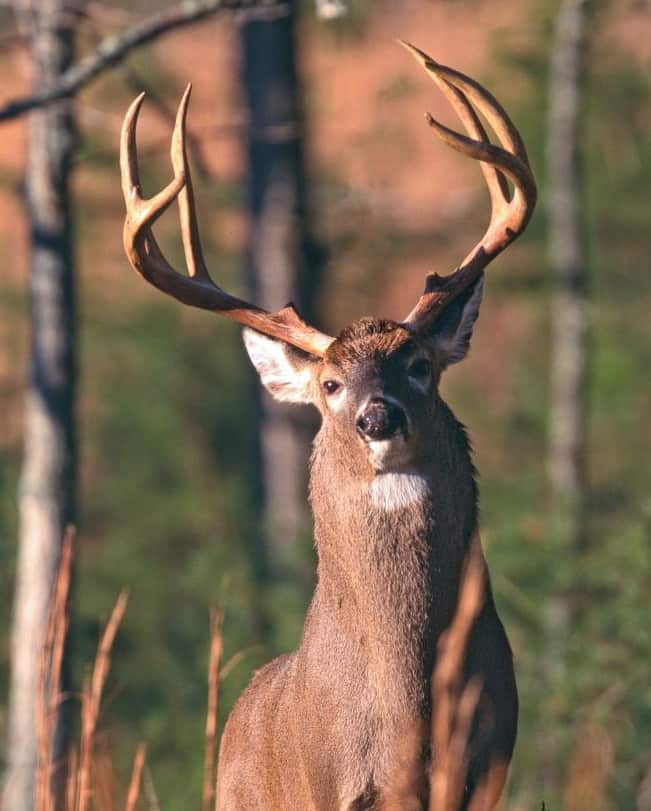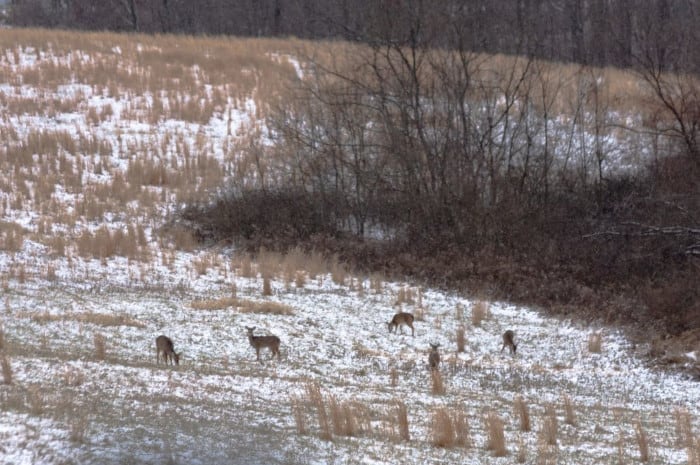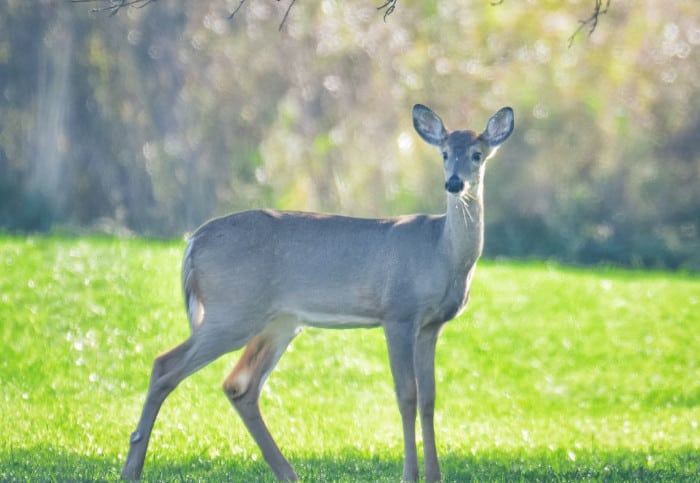One thing that still amazes me about whitetail deer is their extraordinary sense of smell. While a few other species in the animal kingdom have a better nose, whitetails are near the top of the list when it comes to having an incredible olfactory system. This acute olfactory ability enables them to discern multiple scents simultaneously and detect human smell, despite its considerably lower intensity compared to their own.
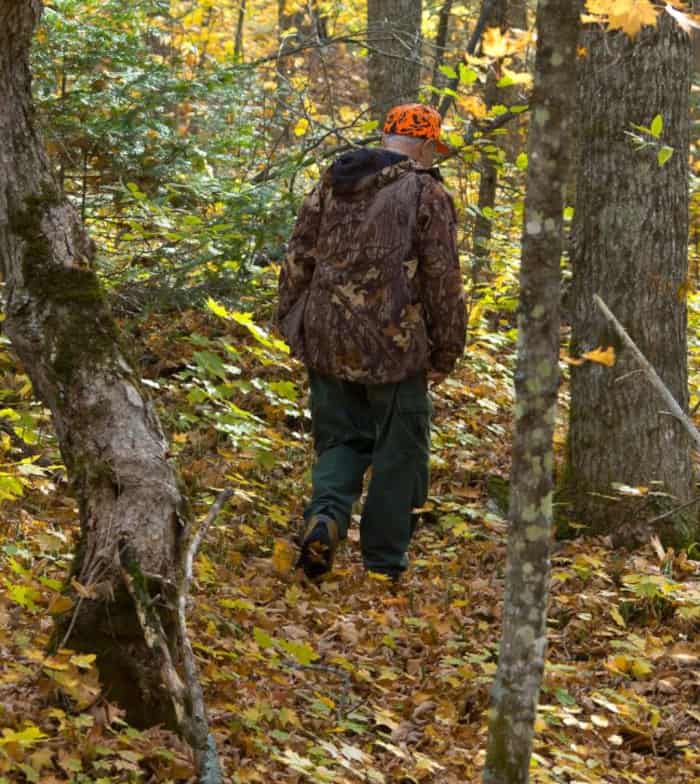
One common question that comes up in discussions about a deer’s sense of smell in one asking how long does human scent last in the woods?
Important Points
– Whitetails have an extraordinary olfactory system with thousands of highly sensitive receptors in their nostrils.
– Factors like weather conditions, wind speed, humidity, temperature, and airflow patterns affect the detectability of human odors.
– Odors disperse through a particle-based mechanism influenced by wind and humidity.
– Scent control techniques, such as using odorless soap and detergent and storing hunting garments in airtight containers, are crucial for evading deer detection during hunting.
How Long Does Human Scent Linger?
Research at Mississippi State University Deer Lab indicates that several variables play a role in determining how long human odor molecules remain in an area. Those variables include:
- Wind
- Temperature
- Humidity Level
Since those factors constantly change, providing precise data about how long human odor hangs around in the woods is nearly impossible.
However, that same research supports the idea that human smell can linger in the woods for several days, maybe even weeks, depending on those environmental variables.
How Long is Human Scent Detectable by Deer?
The duration of how long white tails can smell human odors is uncertain, but it is known that deer have a highly acute olfactory system, with thousands of sensitive receptors in their nostrils, and can sort out multiple smells at once.
Factors such as wind speed, humidity, temperature, and airflow patterns play a crucial role in determining the detectability of human-based scents. Odors diffuse through the air via a particle-based mechanism, and wind and humidity affect the rate at which odors disperse. Higher humidity and lower temperatures result in more efficient scent dispersal. Winter air, being drier, delivers odors less efficiently.
Research indicates that the duration whitetails can detect human smells remains uncertain, as it can persist for up to six days or longer, contingent upon diverse factors such as weather conditions, wind speed, humidity, temperature, and airflow patterns.
However, the longer the scent persists, the greater the chance of it being picked up by whitetails in the area.
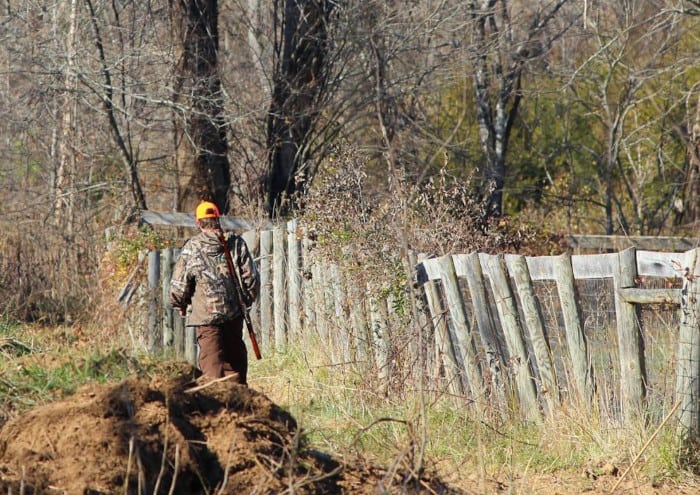
Frequently Asked Questions
Here are some questions that are commonly associated with human smells and deer hunting:
What are some common mistakes hunters make that can increase the detectability of human odor by deer?
Common mistakes hunters make that increase the detectability of human smells by deer include inadequate scent control measures, such as not using scent-eliminating sprays, failing to store hunting clothes properly and touching branches and trees with bare hands.
Can deer differentiate between different human smells, such as those from different individuals or different activities?
Given the effectiveness of a deer’s olfactory system, it’s believed that they can differentiate between different human odors, such as those from different individuals or different activities, with varying accuracy and limitations. Factors influencing their ability to detect human smells include wind speed, humidity, temperature, and airflow patterns.
Are there any natural scents or substances that can mask or confuse a deer’s ability to detect human odors?
Natural scent blockers and masking scents can potentially confuse a deer’s ability to detect human-based scents. The effectiveness of commercial scent elimination products and the use of wind direction can also minimize human odor detection.
How does the presence of other strong odors, such as food or predator scents, affect a deer’s ability to detect human odors?
Since research indicates that whitetails can detect up to six different scents at once, they appear to have no issues differentiating the differences between food odors, predator scents, and the smell of humans.
Can deer detect human odor even if the person is not in close proximity to them?
Deer have a highly effective nose and are believed to be able to detect human odor from distances of ¼ to ½ a mile away. Now, weather conditions, including wind direction, humidity, and temperature, also affect those distance estimates. Here’s a related article that discusses the power of smells for whitetails.
Will rain wash away human scent from deer?
Rain is one of the weather-related variables that impacts human odors and how long it stays in an area. During rain, the precipitation helps dilute the scent molecules making it more difficult for whitetails to pick up. Rain doesn’t “wash away” the scent exactly, but it does help reduce the volume of scent in the air.
How long does human odor stay in the woods?
The duration that human-based smells stay in the woods can vary greatly depending on the environmental conditions. Estimates for the duration human odor stays in the woods range from 2-3 days up to 10 days. Again, the environmental conditions and how strongly the scent was dispersed play a role in the duration that the scent lasts.
Can deer smell human scent for many days?
Depending on the weather and environmental conditions, it’s possible for deer to detect human-based scents for several days. However, the scent will disperse over time and become less noticeable to them.
Does leaving a scent trail affect deer behavior?
Leaving a scent trail can impact deer behavior, as they can detect the scent trail to determine the presence of humans in the area. This can make them more cautious and likely to avoid the area.
How can I control my scent while hunting?
There are several measures you can take to control your scent while hunting. These include using scent-eliminating sprays, wearing scent-blocking clothing, washing your hunting gear with scent-free detergent, and using rubber boots to minimize the transfer of human scent to the ground.
Can deer get used to human scent?
While deer can become accustomed to the presence of human scent in their environment, they will still remain cautious and may react differently depending on the level of human presence.
How does the sense of smell of deer compare to humans?
A deer’s sense of smell is estimated to be anywhere from 500 times to 1000 times more acute than that of humans. They can detect scents and distinguish between them at much greater distances and with greater precision.
How long does it take for your scent to dissipate in the woods?
The time it takes for your scent to dissipate in the woods can vary based on environmental conditions. Factors such as wind, temperature, and humidity affect how long the scent will last.
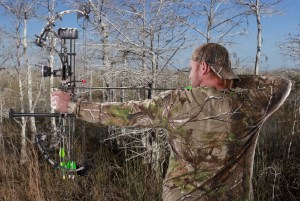
Born and raised in Indiana, Brantley spent his youth chasing deer and turkey and, along the way, developed a passion for bowhunting. Although he still enjoys other types of hunting, his true passion is bowhunting, and he has or will author most all the bowhunting content on this site. Outside of work, Brantley is married and the father of two beautiful little girls. Brantley has worked in the hunting industry, with an emphasis on archery and bowhunting, for more than ten years.



